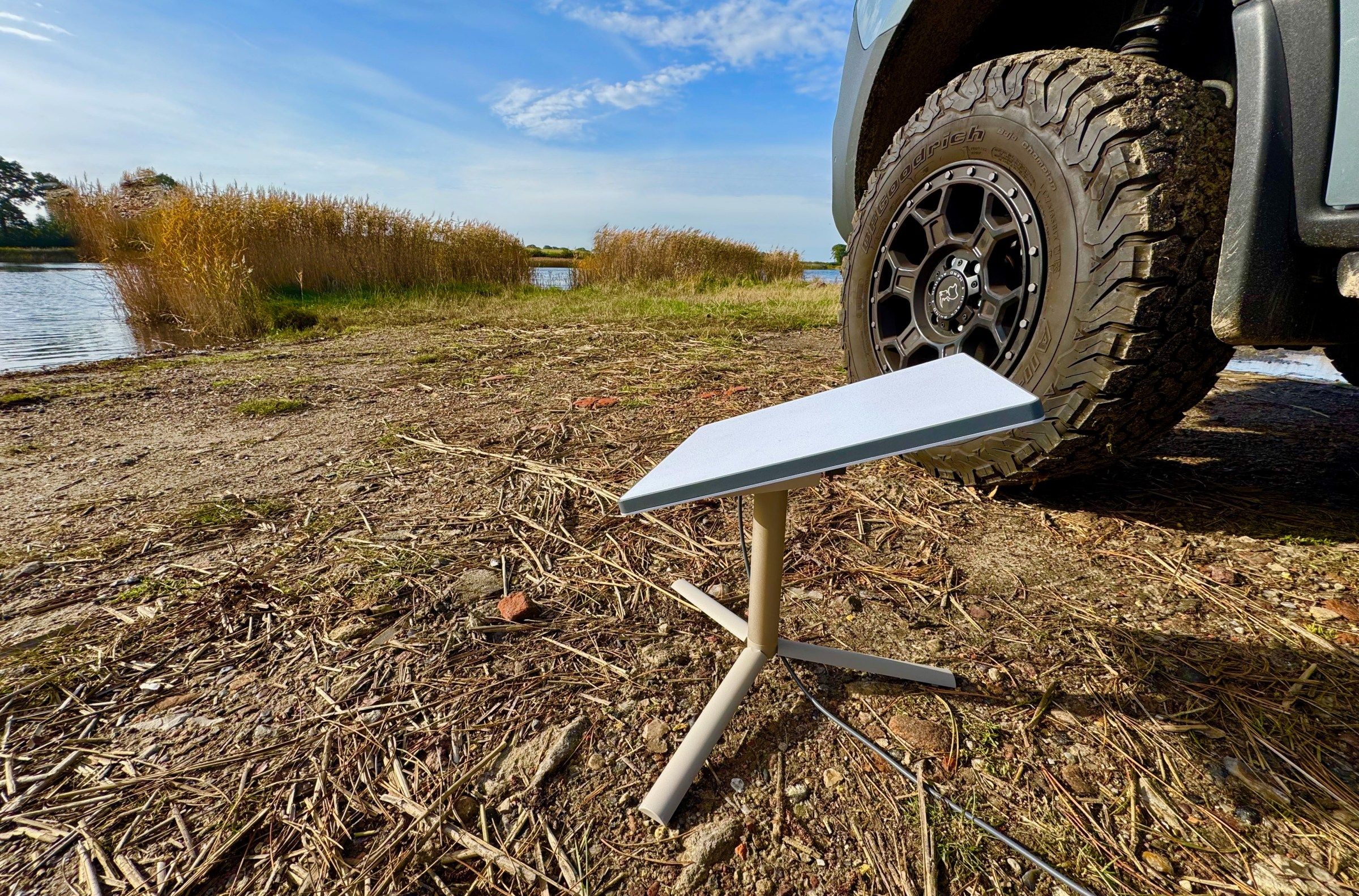TL;DR:
• Lucid Motors debuts Gravity X off-road concept with lifted suspension and all-terrain capability
• Company disputes Automotive News report claiming only 9 Gravity sales, says "real number is well into the 3-digit range"
• Supply chain constraints including magnet shortages hampered early production
• Gravity expected to drive bulk of Lucid's sales in second half of 2025
Lucid Motors fired back Friday against reports claiming it sold just nine Gravity SUVs in six months, calling the figures "completely inaccurate" while simultaneously unveiling a rugged off-road concept. The timing wasn't coincidental - the luxury EV startup is fighting for credibility as supply chain issues continue plaguing its flagship SUV rollout.
Lucid Motors found itself in damage control mode Friday, simultaneously defending its Gravity SUV sales figures while trying to generate excitement with a new off-road concept. The dual announcement came hours after Automotive News published a damning report suggesting the company had sold fewer than 10 luxury electric SUVs in its first six months of production.
Nick Twork, Lucid's VP of communications, didn't mince words in his response. "The real number is well into the 3-digit range," he told reporters, calling the S&P Global Mobility registration data cited by Automotive News "completely inaccurate." The pushback highlights how sensitive startup automakers have become about early production numbers, especially when billions in investor capital hang in the balance.
The Gravity X concept itself represents Lucid's attempt to expand beyond its luxury sedan roots. The off-road variant features redesigned front and rear fascias, improved approach and departure angles, a widened track, lifted ride height, and custom wheels wrapped in all-terrain tires. It's a clear signal that Lucid wants to compete with Rivian and Ford's Lightning in the adventure-ready EV segment.
But the real story remains the production struggles. During Lucid's recent earnings call transcripts, company executives acknowledged that supply chain constraints, particularly an industry-wide shortage of rare earth magnets used in EV motors, had significantly hampered deliveries. This mirrors challenges faced across the EV industry, from early Model 3 ramp to initial delivery delays.











